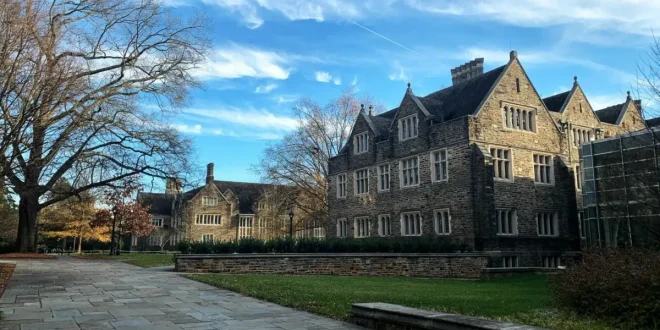Tips for Winning the Game: Visiting College Campuses
We have visited over 1,000 campuses in our collective 200 years in college counseling! Here are tips to go beyond the well-scripted Admissions Office presentation to get a genuine sense of the students and the college.*
Register for your tour online. Sign in at the Admissions Office when you arrive; this counts as your official visit and is important at colleges which track demonstrated interest. Ask to say hello to the rep who reads for the state where you attend school. If the rep is unavailable and the office is closed, DO NOT BREAK IN, but email after your visit; mention what you enjoyed about the college and ask to note you were on campus.
If you’re visiting with family or friends, consider taking separate tours–everyone will learn something different. Then get together, preferably shortly after your tours and in a space where other students hangout, and talk. Compare answers to questions that arose from your tour group. This approach also allows students and parents to ask questions that they might not ask if the other were present. Students: questions like “How often and under what circumstances are parents/guardians allowed on campus”; parents/guardians: questions like “Where are the campus laundry facilities?” It also provides a bit of much needed space from the “bonding” that these long trips involve.
Talk to other students on campus. This can be intimidating, but almost all students are happy to share their thoughts about their schools. If you are passionate about sports or the arts or finance or chemistry (really?!), seek out students and professors and coaches in those fields and talk with them–there is a good chance that they are as passionate to talk to you as you are to them.
Talk to at least one professor in the academic department you are interested in studying. If your interest is in philosophy, don’t forget to set a timer! Ask for contact information to email questions later or to name-drop in your Why X College? short answer questions on your application, or maybe just to say thank you.
Pick up a college newspaper, many newspapers are also available online, as it reveals the issues the students are fired up about but the Admissions Office is not mentioning such as safety concerns, racial tensions, etc. And scour the ads to see what eating options are available close to campus!
Keep visual and verbal notes. Take photos with your phone and create albums for each school you visit. Photograph the campus, the classrooms, the library, the student common areas, the sports facilities–whatever is important to you. (Ask permission first.) Also, write short notes in a Google Doc about your visit: what you like, what you don’t like, what your first impressions are, etc. Looking ahead, these notes will also be helpful when writing the Why X College? supplements.
Visit the Financial Aid Office–it’s never too early to plan–and pick up information and ask questions. Also, pick up any loose change you might find because every penny counts!
Have a beverage–order a double shot chai half-caf latte with one-third extra foam if you really want to test the school’s barista’s skill level–in the student common area so you get a sampling of what the students are like. Talk with people! Ask a student one thing the college does right, and one thing that needs improvement.
Above all, enjoy your time–this is a journey of discovery! See a few sights beyond the campus as you will be engaging with the college’s community when you’re not in class or the library or your room–college isn’t all about work and learning–it’s also about socializing. Have fun!
*After COVID, many colleges improvised their virtual experiences significantly! In addition to an online tour there are student panels and chats with reps. Register for these as they count as demonstrated interest at many schools.
Are you "LOST" and in need of QUESTIONS?
*Remember to not ask questions you could have found on their website!
Academic Environment
- What is the typical level of faculty involvement in student research projects? Are there specific majors that tend to have more research opportunities?
- How frequently do students engage in discussions about ideas outside of formal class settings?
- Is there a required first-year program, as well as a culminating experience for seniors?
- How accessible are courses outside of a student’s major? Is it common for students to pursue double majors, and are there any restrictions on this for certain majors?
Campus Environment
- What percentage of students participate in community-based service projects?
- How accessible are leadership opportunities for students? Is the administration receptive to student feedback regarding campus issues?
- What proportion of students study abroad, and are there specific programs that mandate study abroad participation?
- What activities do most students engage in for leisure and socialization?
- Are there organized opportunities for school spirit and involvement in athletic events?
- What extracurricular activities are the most popular among students?
- Are participation opportunities in music, theater, and fine arts exclusive to students majoring in those disciplines?
- Is athletic participation restricted solely to varsity athletes, or are there opportunities for non-varsity participation?
Authors:
Article: Kathleen Glynn-Sparrow and Greg Schneider of The College Coaches
Questions to Ask: Katie McEnroe of The College Coaches




